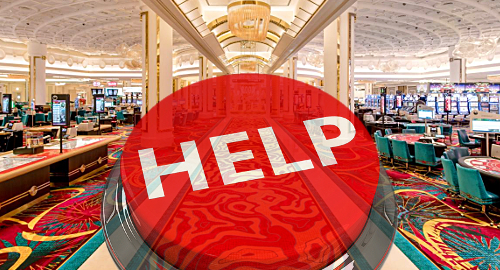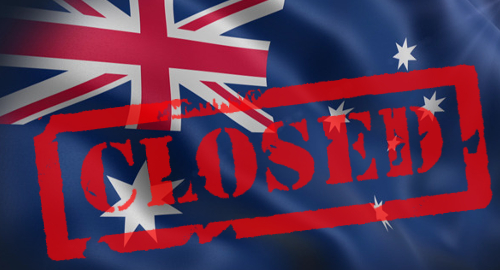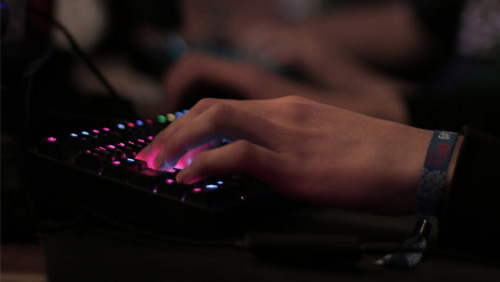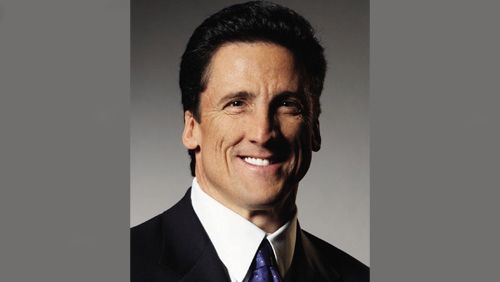The Philippines’ gambling regulator wants permission to resume online gambling and VIP casino operations to help fund the government’s anti-coronavirus fight.
This weekend, Philippine Amusement and Gaming Corporation (PAGCOR) chair Andrea Domingo asked the government’s Interagency Task Force on Emerging Infectious Diseases to authorize her to lift the suspensions of several “high-earning” gambling operations that were imposed in response to the spread of the COVID-19 coronavirus.
These include the PAGCOR-licensed Philippine Offshore Gaming Operators (POGO) who were instructed last week to suspend all operations after initially receiving permission to carry on provided staff could work from home. Domingo compared POGOs to business process outsourcing (BPO) operations that have been permitted to continue operating on a work-from-home basis.
Domingo also wants to see the resumption of VIP casino activity, whether on an in-person basis or via telephone (proxy betting). PAGCOR ordered all casinos to suspend operations on March 15 but Domingo says VIP operations can exist within ‘social distancing’ protocols given that high-roller tables usually accommodate only one or two players at a time.










